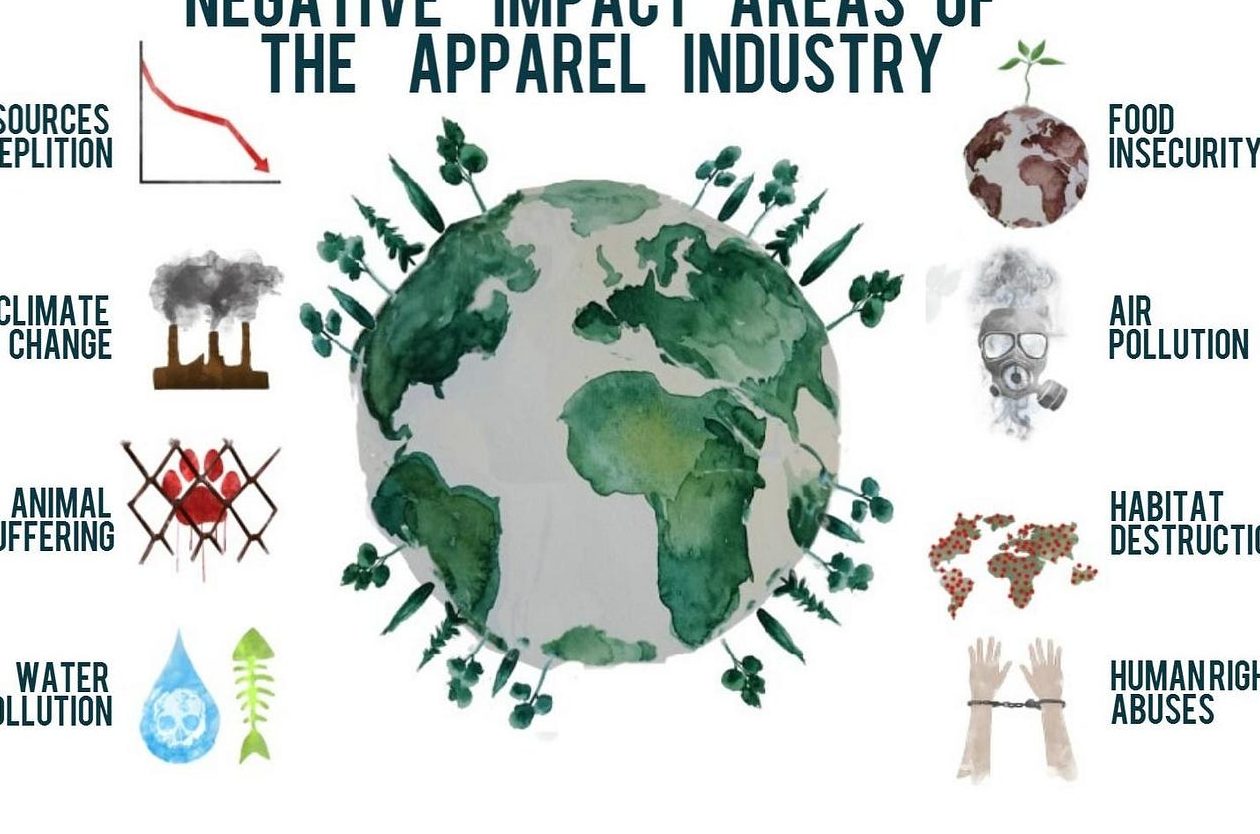Fast fashion has become a significant force in the global clothing industry, offering trendy and affordable apparel at a rapid pace. While this model has made fashion more accessible to many, it also raises concerns about its broader impacts on society. This article explores the concept of fast fashion and examines its effects on the environment, economy, and individual well-being.
Understanding Fast Fashion
Fast fashion refers to the practice of producing inexpensive, trendy clothing quickly and efficiently. This model relies on frequent changes in fashion trends, allowing consumers to buy new styles at low prices. Key features of fast fashion include:
- Rapid Production: Clothing is designed, manufactured, and sold within weeks, responding quickly to changing trends and consumer demands.
- Affordable Prices: To attract a wide audience, fast fashion brands offer low prices, often achieved through cost-cutting measures in production.
- Frequent Collections: New collections are released regularly, encouraging consumers to buy more and stay updated with the latest trends.
Environmental Impacts of Fast Fashion
The environmental consequences of fast fashion are substantial and multifaceted:
- Waste Generation: The fast fashion model promotes a culture of disposability. As trends change rapidly, clothing is often discarded after only a few wears, contributing to significant textile waste. Many garments end up in landfills, where they can take years to decompose.
- Resource Consumption: Producing fast fashion items requires large amounts of natural resources, including water, energy, and raw materials. For example, cotton farming is highly water-intensive and often involves the use of harmful pesticides.
- Pollution: The manufacturing process for fast fashion can produce considerable pollution. Dyes and chemicals used in textile production often contaminate water sources, impacting both ecosystems and communities living near production sites.
Economic Implications of Fast Fashion
Fast fashion has several economic effects on both the global market and individual workers:
- Labor Practices: To keep costs low, many fast fashion brands outsource production to countries with lower labor costs. Unfortunately, this often leads to poor working conditions, low wages, and exploitation of workers in developing countries.
- Market Disruption: The fast fashion model can undermine traditional retail businesses that rely on higher quality, longer-lasting products. Small businesses and artisans may struggle to compete with the low prices and rapid turnover of fast fashion brands.
- Consumer Spending: While fast fashion offers affordable options, the constant cycle of new trends encourages excessive consumption. Consumers may spend more money on frequently purchased, low-quality items rather than investing in durable, high-quality clothing.
Social and Psychological Effects
The impact of fast fashion extends beyond environmental and economic issues, affecting individuals’ social and psychological well-being:
- Body Image and Self-Esteem: Fast fashion often promotes unrealistic beauty standards through advertising and social media. This can contribute to negative body image and lower self-esteem, especially among young people who are heavily influenced by these ideals.
- Consumerism Culture: The constant influx of new clothing encourages a culture of consumerism, where individuals may feel pressured to keep up with trends and purchase new items frequently. This can lead to materialism and a sense of dissatisfaction with one’s current wardrobe.
- Ethical Awareness: As awareness grows about the negative impacts of fast fashion, some consumers are becoming more conscientious about their clothing choices. This shift towards ethical fashion encourages individuals to consider the social and environmental implications of their purchases.
Moving Towards Sustainable Fashion
Addressing the issues associated with fast fashion involves promoting more sustainable and ethical practices within the fashion industry:
- Slow Fashion: The slow fashion movement emphasizes quality over quantity, encouraging consumers to invest in timeless, well-made pieces that last longer. This approach supports a more thoughtful and less wasteful approach to fashion.
- Ethical Brands: Many brands are adopting ethical practices, such as fair labor conditions, eco-friendly materials, and transparent supply chains. Supporting these brands helps drive positive change within the industry.
- Consumer Choices: Individuals can make a difference by being more mindful of their clothing purchases. This includes buying less, choosing higher-quality items, and recycling or donating unwanted clothing.
In conclusion, while fast fashion has democratized access to trendy clothing, it also presents significant challenges related to environmental sustainability, economic fairness, and social well-being. By understanding these impacts and making more informed choices, both consumers and businesses can contribute to a more sustainable and ethical fashion industry.

